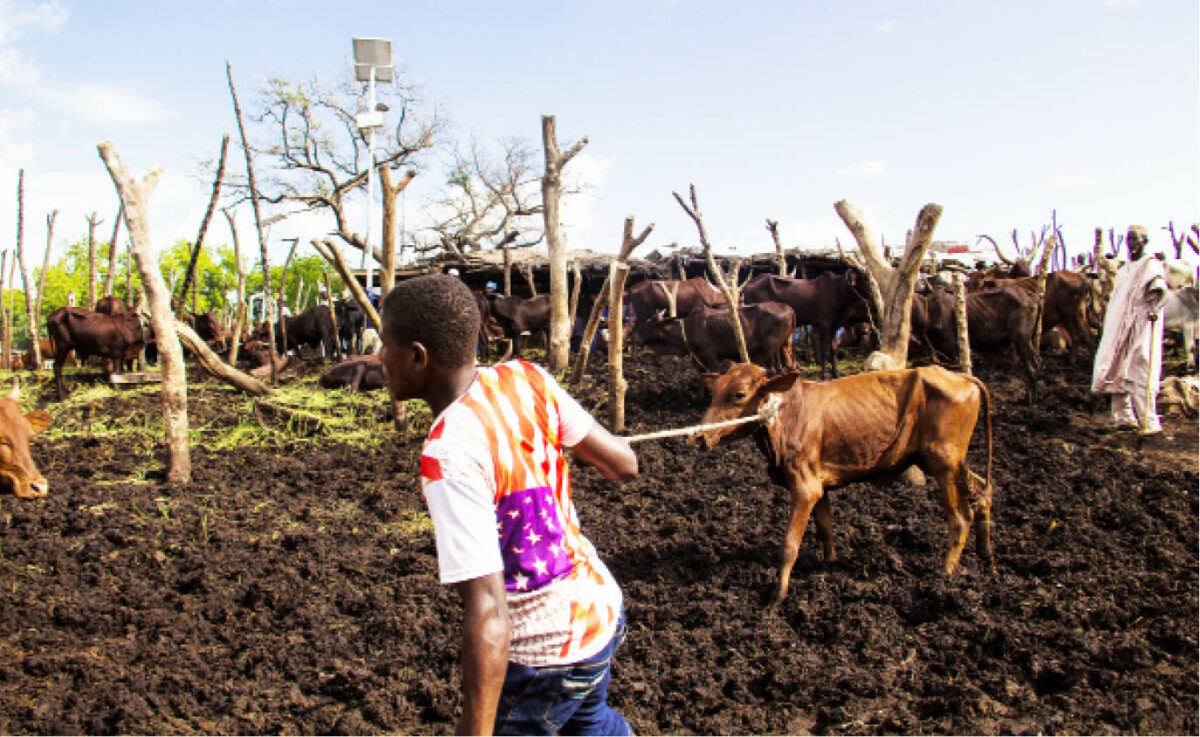In the camps for internally displaced persons in Borno, many sit in tattered tents enduring all the elements. As harmattan, the cold season, approaches, thousands will have to find appropriate clothing to bear the weather.M. The dry season is also one of the hottest in the country at 50 degrees Celsius. Famine like conditions are expected for the displaced amidst many other unending issues such as psychological trauma, gender based violence, epidemics, etc in the course of the ten year conflict in Borno. Meanwhile, in a quiet corner of town, sits an aid worker, typing furiously on state programs in an air conditioned office. On the other side are his well educated colleagues who have flown miles away to contribute, are also having tea in a well equipped kitchen. Some are catered to in private lodges.
In another building somewhere in town, a well dressed contractor drives into a location where a warehouse with food is located. He has brought in supplies for a well funded organization for a handsome pay. In a safe space, a psychologist who doesn’t speak Hausa, Kanuri, Shuwa or any of the local languages has been assigned to provide psychosocial support. A woman with an accent struts in the camp manager’s office and scoffs at his use of the English language. Of this eclectic array in various high level jobs, few locals are high ranking. The top level workers are foreign.

A decade ago, before Boko Haram launched its radical brand of Islam resulted in the destruction of lives and property. After a terrorist group strategically targeted the people, education and economy, the conflict that resulted, the state itself halted and suffered tremendously. The economic impact is unprecedented and unquantifiable. The effects are seen in many forms. In the current times, the media frenzy around the Boko Haram conflict drew attention, understandably so, to the dire circumstances of the suffering and trauma of the people in Borno State. As it’s main economy died, a new economy arrived; a vibrant war economy.
As the North East started to morph into an almost post conflict, many opportunities arose for global and local organizations, researchers, artists, photographers and writers intent on “helping the needy” or “being the voice of the voiceless”. Many come with good intentions at the same time as others who have motivations for self enrichment. Many are seen setting up businesses focused on creating “interventions”. Similarly in many seminars, conferences and programs designed to highlight the plights of the displaced, donations entered into honest projects as well as private pockets.
For context, the onset of the conflict, a more robust community based economy existed. From the cattle business in border villages in Bama local government to the endless mango farms in Damboa and large scale fish farming in Baga local government area, Borno had a bustling economy. Borno State, fortunate to be the only state in Nigeria bordered by three countries enjoyed a lucrative trade relationship with its neighbors; Chad, Niger and Chad Republic. Within the local landscape, it is surrounded by three states; Adamawa, Yobe and Gombe. The proximity allowed the exchange of agricultural produce between the foreign and local markets in mass quantities.
The current climate is a stark contrast to old times, there are many aspiring to be ‘Boko Haram’ experts, security analysts, scholars, peace advocates. There are many academic tussles about who is the expert in the scholarly world, dozens of star studded events. Most of the scholars, business people, artists and architects who are observer participants, it is a lucrative career trajectory. For many it is not a lived experience. Hence, an array of issues prevail; ethical and moral dilemmas.

Many philanthropic endeavors are tainted with opportunistic people eager for career trajectories that eventually neglect or sideline the people whose pain is presented as scholarly or journalistic work. It is extremely disturbing to watch and is visible in half done projects, zinc toilets, humid torn tents,“empowerment” programs. As the new wave of rehabilitation in a post conflict region continues, there are many questions to ask all involved; why are you doing this work? Who will it benefit? How can we be inclusive of the local people who’s pain has become a business? Another incredibly important question to ask for all of us in the aid industry (local and international); What can we do to ensure the future is not a continued war economy but a booming all inclusive industry for the displaced, reminiscent of old community based businesses?

 Join Daily Trust WhatsApp Community For Quick Access To News and Happenings Around You.
Join Daily Trust WhatsApp Community For Quick Access To News and Happenings Around You.


